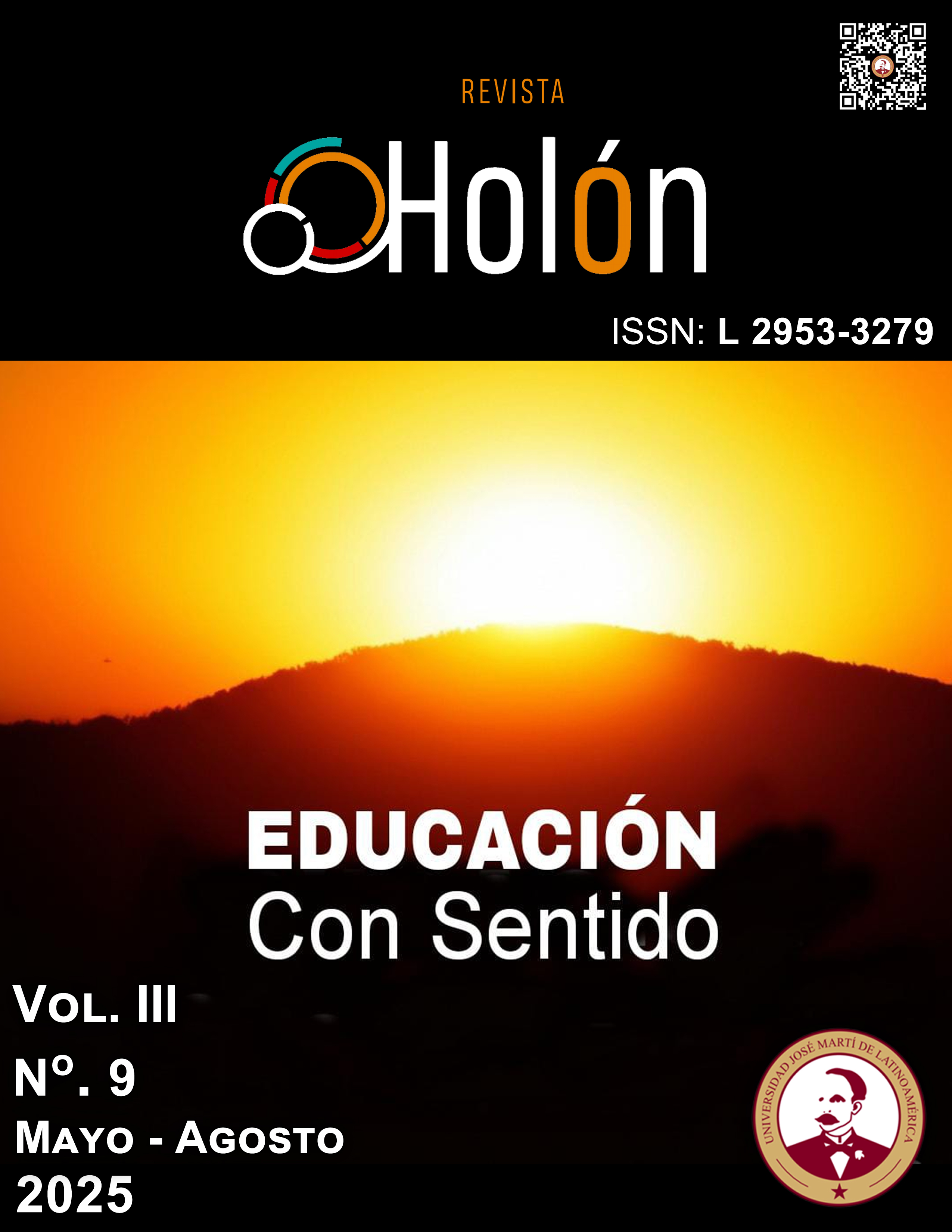

Copyright (c) 2025 Revista Holón

This work is licensed under a Creative Commons Attribution-NonCommercial-ShareAlike 4.0 International License.
Introduction: This article addresses the vindication of the regional and cultural identities of indigenous peoples in educational contexts, criticizing fragmentary approaches (intercultural/bilingual) and proposing a gnoseopistemological integration that overcomes dichotomies between essential being and being-in-the-world. It is inspired by the hermeneutic perspectives of Gadamer and Habermas, the phenomenological perspectives of Ricoeur, and the decolonial perspectives, along with Maturana's biology of love and Morin's complex thought. Materials and methods: Through a critical-discursive analysis, theoretical sources (epistemology, anthropology, pedagogy) and emblematic cases (such as the Mapuche culture in Chile) are examined. Two educational paradigms are contrasted: the patriarchal (hierarchical, linear) and the matrix (ecosystemic, dialogical), using comparative matrices and testimonies. Results and discussion: It is noted that current educational programs reduce the original to folklore, ignoring its hologrammatic worldview and conversational networks. Gnoseoepistemology fuses ontology and epistemology to understand identity as "unitas multiplex" (essential/existential being), exemplified in Mapuche rituals (We Tripantu) and sentipensant pedagogies. A diagnosis is made of education colonized by thanatopolitical logics, which alienate the subject from their matrixial and territorial roots. Conclusions: The educational vindication of the original requires: Transgenerational validation where ancestors are honored through embodied pedagogies exemplified in dances and rituals. It results in the complexification of the curriculum: by integrating ancestral knowledge as relational choreographies and not as isolated contents. Political action in education: impacts Mapuche territorial autonomy as an urgent case, linked to pedagogical demands.